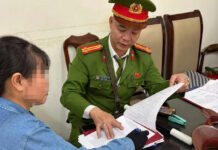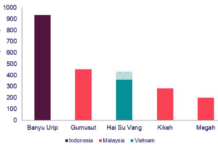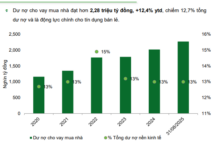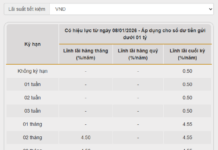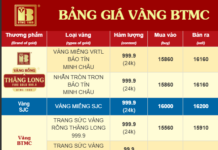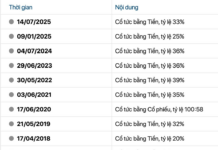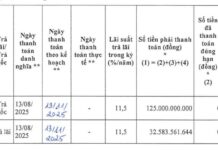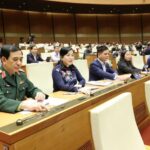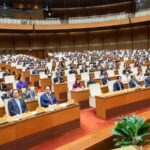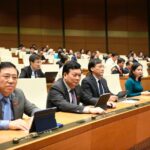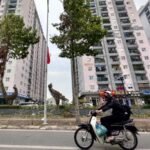This is one of the new features of the Law on Geology and Minerals that was recently passed by the National Assembly on November 29, 2024, and will take effect from July 1, 2025.
Explaining, accepting, and editing the draft Law on Geology and Minerals, Chairman of the Committee for Science, Technology, and Environment Le Quang Huy said that the Law has been reviewed and supplemented with relevant provisions for this type of mineral in the regulations on the State’s policies, exploration of strategic and important minerals, and exploitation of strategic and important minerals. It also states that auctions for mining rights will not be held for certain strategic and important mineral areas. The Ministry of Natural Resources and Environment will submit the list of strategic and important minerals to the Prime Minister for approval.
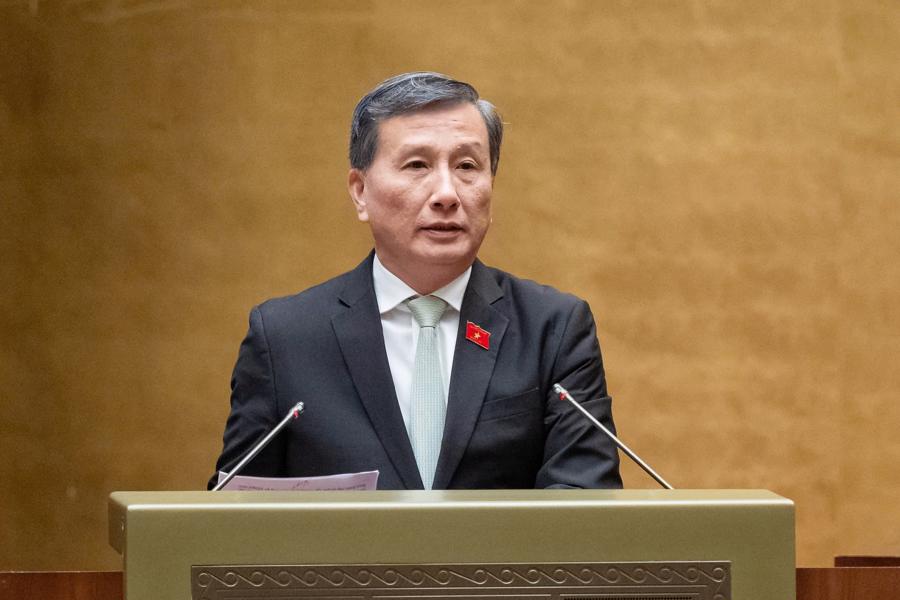
The Law also stipulates that auctions will not be held for mining rights related to ensuring raw materials and resources for important national projects, urgent public investment projects, and constructions or items belonging to the national target programs.
The Ministry of Natural Resources and Environment will delineate and submit to the Prime Minister for approval or adjustment of areas where mining rights will not be auctioned, which are under the authority of the Ministry to grant licenses.
At the provincial level, the People’s Committee of the province will organize the implementation of the delineation, approval, and adjustment of areas where mining rights will not be auctioned, which are under the authority of the provincial People’s Committee to grant licenses.
The Government will set criteria for delineating areas where mining rights will not be auctioned.
The newly passed Law also adds provisions on the starting price for auctions of mining rights, which is determined by the ratio of collection of money for mineral exploitation rights of the same type of minerals in non-auction areas. The minimum increment is set at a minimum of 1% and a maximum of 10% of the starting price.
Regarding the principles of granting mineral exploration licenses, Mr. Huy said that there were suggestions to add provisions assigning the Government to stipulate cases where an organization is granted more than five exploration licenses for one type of mineral to address difficulties related to the number of exploration licenses for energy minerals (coal) for the Vietnam Coal and Mineral Industries Group.
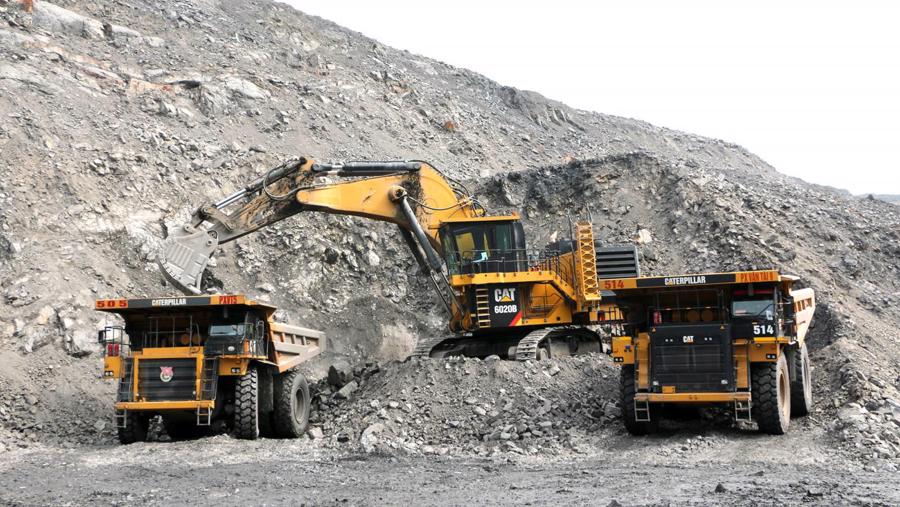
Taking into account the delegates’ opinions, the draft Law has supplemented point h, clause 1: “Each organization or individual is granted no more than five exploration licenses for one type of mineral, excluding expired exploration licenses. In case more than five licenses are granted to the same organization, the Prime Minister’s approval in writing is required.”
Concerning mineral exploitation licenses, there were suggestions to adjust the license period to no more than 50 years and the renewal period to no more than 15 years.
According to the National Assembly’s Standing Committee, minerals are public assets, and the implementation of mineral exploitation investment projects must be approached differently from typical investment projects. While the license period for mineral exploitation should be convenient for organizations and individuals, it also needs to minimize any negative impacts on socio-economic development.
International experience shows that mineral exploitation licenses have a maximum term of 30 years and can be renewed for a few years. This regulation is also in line with the reality that after 30 years, the technology for mineral exploitation is often outdated and requires investment in renewal.
The draft Law stipulates that the mineral exploitation license is valid for a maximum of 30 years and can be renewed multiple times, but the total renewal period should not exceed 20 years, resulting in a total of 50 years, which is the same as the implementation period for regular investment projects under the Law on Investment.
In reality, many projects have completed mineral exploitation after 10 years, ending the project. Additionally, the draft Law stipulates the re-granting of mineral exploitation licenses in cases where the license has expired (including the renewal period) but there are still reserves.
Therefore, the National Assembly’s Standing Committee suggested keeping the provisions on the term of mineral exploitation licenses as stated in point a, clause 4, Article 56. At the same time, they requested the Government to ensure convenient and straightforward procedures for license renewal.
Regarding the method of determination, mode of collection, and settlement of money for mineral exploitation rights, there were suggestions to combine the money for mineral exploitation rights and the resource tax to save time, costs, and manpower for the State and enterprises.
The National Assembly’s Standing Committee opined that the money for mineral exploitation rights is the amount that organizations and individuals exploiting minerals must pay to the State to access and exploit minerals, thereby converting national resources and public assets into private assets of organizations and individuals.
Moreover, the money for mineral exploitation rights and the resource tax differ in their determination mechanism, collection, and payment, and they do not overlap administratively. The stipulation of money for mineral exploitation rights is consistent with the Law on Water Resources. If the collection of money for mineral exploitation rights is abolished, there will be no basis for determining the starting price when organizing auctions for mineral exploitation rights.
Therefore, the draft Law continues to stipulate the collection of money for mineral exploitation rights and does not combine it with the resource tax. It is requested that the Government further reform the procedures for tax and fee payments to ensure convenience for organizations and individuals.
The Four Salary and Bonus Policies, and the Retirement Age Increase Effective December
Increasing the retirement age of officers, mandating verified social media accounts for information dissemination, and the merger of districts and communes in 17 provinces are among the policies that came into effect in December.
“The Speaker’s Call to Action: Expediting the Creation of a Legal Framework for Emerging Issues to Catalyze Vietnam’s Development”
After 29 and a half days of diligent, scientific, democratic, and responsible work, with a spirit of innovation and a timely resolution of difficulties, bottlenecks, and blockages, the 8th Session of the 15th National Assembly has successfully concluded, having accomplished all its proposed agenda items. This session was marked by a strong focus on economic and social development, national defense, security, and improving the lives of the people.
Prime Real Estate Opportunities: Transforming Agricultural and Non-Agricultural Land into Thriving Commercial Residences
On November 30, with the majority of delegates present in agreement, the National Assembly passed a resolution on a pilot project for commercial housing development through agreements on the transfer of land use rights or the use of land already with such rights.
Why Did Hanoi Only Approve One Social Housing Project in 2024?
As of now, Hanoi has seen only one social housing project granted a construction permit this year, and even this enterprise continues to face numerous challenges. Experts are advocating for a National Assembly Resolution on social housing development to address these issues and facilitate much-needed progress in this sector.



